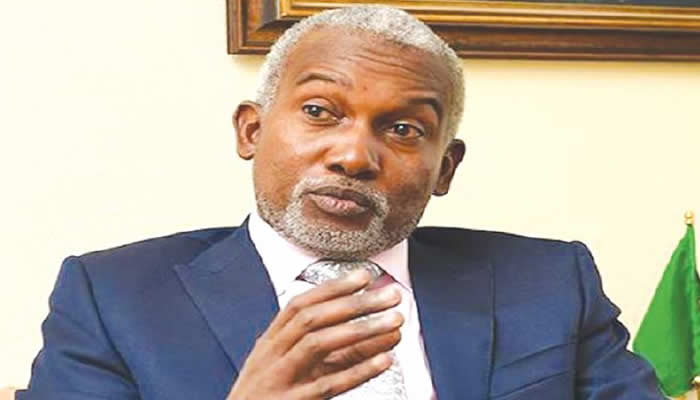Paragraph 1: The Call for Economic Independence and Regional Cooperation
Ambassador Yusuf Tuggar, Nigeria’s Minister of Foreign Affairs and Chairman of the Economic Community of West African States (ECOWAS) Council of Ministers, delivered a powerful message at the 94th ordinary session of the Council of Ministers held in Abuja. He warned against the dangers of continued economic dependence on former colonial powers, emphasizing that such reliance perpetuates a cycle of exporting raw materials and agricultural products while hindering industrial development and self-sufficiency. Tuggar urged West African nations to break free from this neocolonial pattern by embracing regional trade, joint infrastructure development, and collective self-reliance. He underscored the importance of reclaiming control over their economic destinies and fostering a spirit of unity and cooperation among member states.
Paragraph 2: Reclaiming the Vision of ECOWAS
Tuggar’s address delved into the historical context of ECOWAS, reminding delegates that the organization’s origins lie in the pursuit of economic decolonization. He emphasized that ECOWAS was not merely a bureaucratic entity but a revolutionary response to the structural limitations imposed by colonial legacies. He urged a return to this founding vision, calling on member states to view ECOWAS as a vital tool for achieving true economic independence and regional integration. He challenged the delegates to move beyond mere discussions and embrace bold decisions that would advance the shared goals of the community.
Paragraph 3: Addressing Non-Tariff Barriers and Promoting Regional Trade
Dr. Omar Touray, President of the ECOWAS Commission, echoed Tuggar’s call for greater regional integration in his opening address. He highlighted the persistent issue of non-tariff barriers as a major obstacle to boosting intra-regional trade and investment. Touray recounted his personal experience traveling by road from Lagos to Cotonou, witnessing firsthand the challenges posed by these barriers along the regional corridor. He stressed the urgent need to dismantle these obstacles and facilitate the free flow of goods and services across the region, emphasizing that this was crucial for promoting industrialization, competitiveness, and overall economic growth.
Paragraph 4: Key Agenda Items and Recommendations for Action
The 94th session of the ECOWAS Council of Ministers focused on a comprehensive agenda covering critical areas such as trade liberalization, industrial development, and responses to evolving global economic dynamics. The session reviewed recommendations from the Joint Meeting of ECOWAS Ministers of Trade and Industry, which included the adoption of a regional Trade and Investment Promotion Strategy and the expedited ratification of key agreements, including the WTO Fisheries Subsidy Agreement and the African Continental Free Trade Area (AfCFTA). These measures aim to strengthen regional trade, attract investment, and enhance the region’s competitiveness in the global marketplace.
Paragraph 5: Strengthening Institutional Frameworks and Addressing International Trade Challenges
The Council of Ministers also considered a proposed Cooperation Agreement between the ECOWAS Regional Competition Authority (ERCA) and Member States. This agreement seeks to bolster the enforcement of competition and consumer protection rules within the region, promoting fair trade practices and protecting consumer rights. Furthermore, the ministers discussed the West Africa–European Union Economic Partnership Agreement and the implications of new US tariff policies on regional trade. They recommended further national consultations with key stakeholders, particularly the private sector, to determine the best way forward in navigating these complex international trade landscapes.
Paragraph 6: Collaborative Efforts on Peace, Security, and Political Transitions
Beyond economic matters, the session addressed critical issues of peace, security, and political stability in the region. Dr. Touray announced a shared understanding with Burkina Faso, Mali, and Niger to collaborate in tackling terrorism and violent extremism. This collaborative approach reflects the recognition that these security challenges transcend national borders and require collective action. He also provided updates on the ongoing dialogue with Guinea regarding its political transition, emphasizing ECOWAS’s commitment to supporting a peaceful and democratic process determined by the Guinean people themselves. The session highlighted the interconnectedness of economic development and political stability in the West African region, underscoring the importance of addressing both simultaneously to achieve lasting progress.


